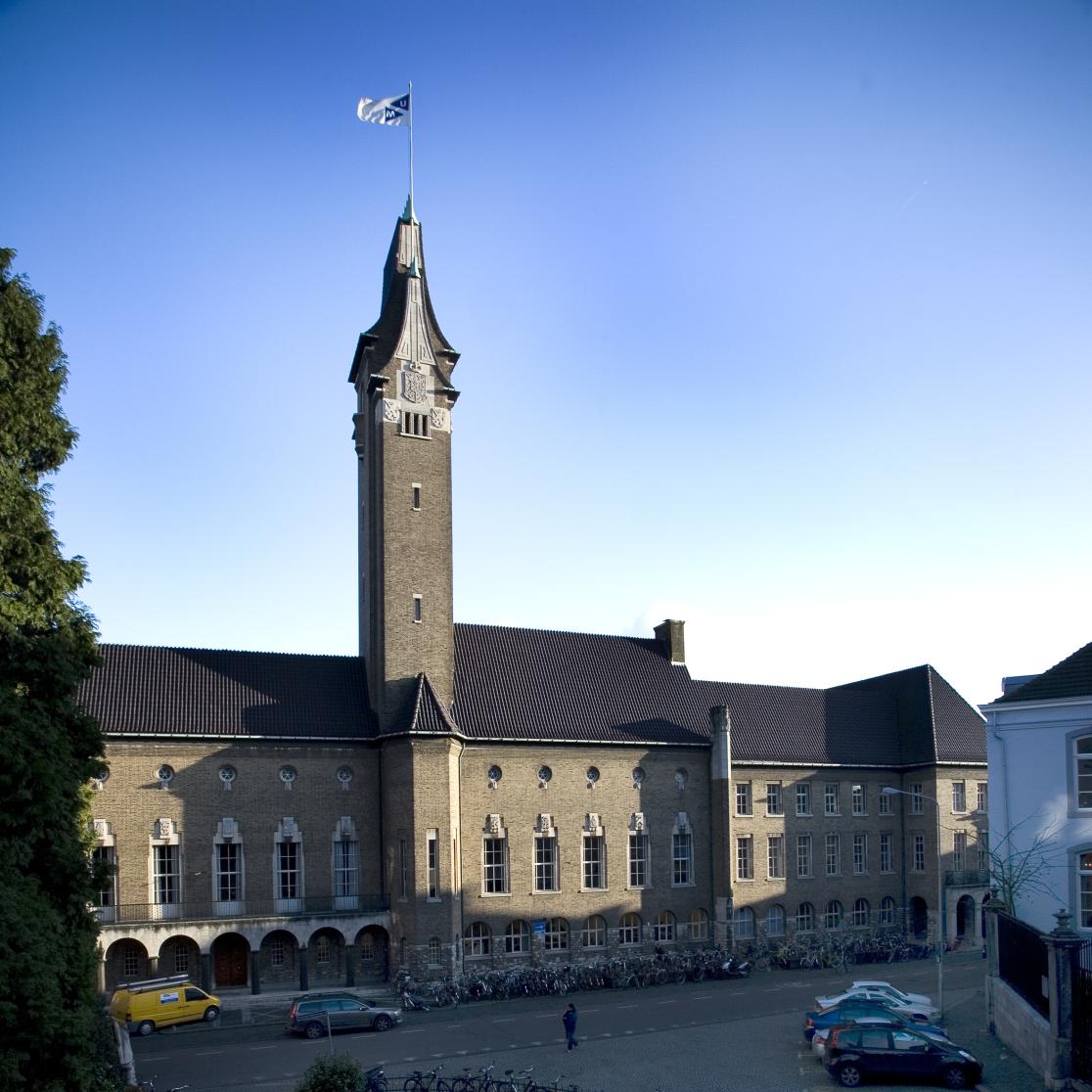The Foundations of Law Department focuses on the normative, historical, and conceptual foundations of law from a multi-disciplinary perspective.
One way of understanding the legal discipline is by focusing on the relation between its doctrinal and meta-juridical sub-disciplines. The doctrinal sub-disciplines – juridica – focus on the study of positive law in particular areas, for example, private law, constitutional law, criminal law, or environmental law. Metajuridica consists of a number of separate non-legal disciplines, each of which provides important insights about positive law from its own external perspective.
Within the Foundations department, legal doctrine is studied in its meta-juridical context. The members primarily conduct research and teach courses in the field of legal history, philosophy of law, legal theory, and law and economics.
Legal historians primarily focus on the historical foundations of law by studying the genesis and evolution of law. In doing so, they aim to achieve a better understanding of prevailing rules and doctrines. A good historical understanding helps to expose and explain the relationship between the different legal systems. This also allows for the identification of paths towards future harmonised law, both within Europe and beyond.
From a legal-historical perspective, the central question is why certain legal doctrines have historically been shaped in a certain way. The complementary question from legal philosophy is whether these legal solutions still stand the test of time, or whether more defensible alternatives are available.
Philosophers of law primarily focus on the normative foundations of law and look for answers to questions about the nature of law and its desirable content, relatively dissociated from what present prevailing law dictates. Such questions include how law differs from morality or politics, whether there is a duty to obey the law, what justifies the existence of the state, why people can be punished for violating state law, why agreements are binding, and why the state is allowed to collect taxes.
Legal theorists turn their attention primarily to the reasoning of the jurist and focus on law as a systematic and coherent system of norms. Typical questions include how to correctly interpret legal rules, what the (logical) relations among legal rules is, whether it is possible to set aside legal rules or declare them non-binding, and what rights are and how they relate to duties and responsibilities.
Scholars in Law and economics apply economic concepts to the study of law. This discipline examines in particular the incentive and welfare properties of law. Law and economics-scholars study how different allocations of legal rights affect social welfare and economic efficiency and aim to assess which legal instrument is best to deal efficiently with a social problem.
Research in the Foundations department is based on the idea that a proper understanding of positive law presupposes a solid understanding of the contexts in which law functions: the contingent historical tradition from which our current legal system has emerged; how law can be understood as a complex but consistent legal system of norms; and how positive law is embedded in broader normative-philosophical debates on democracy, human rights, and the rule of law.
For the specific research themes and academic publications of individual researchers, one can consult their personal profile pages.
In the European Law School bachelor’s program, the department is responsible for the courses Foundations of Law (MET1201), Philosophy of Private Law, and the electives Legal philosophy (MET3003), and Global Legal History (from the academic year 2025-26 onwards). The department is also responsible for courses at Hasselt University (Belgium): History of Law, Legal Philosophy, European Integration and Law and Economics.
In the various Master programs, the department is responsible for the courses Foundations of Global Law (MET4011) in the Master Globalisation and Law, The Foundations of European Institutionalization (MET4010) in the Master European Law School, and Between Public and Private: a Meta-juridical Analysis (MET4012), in the Master of Dutch Law.
